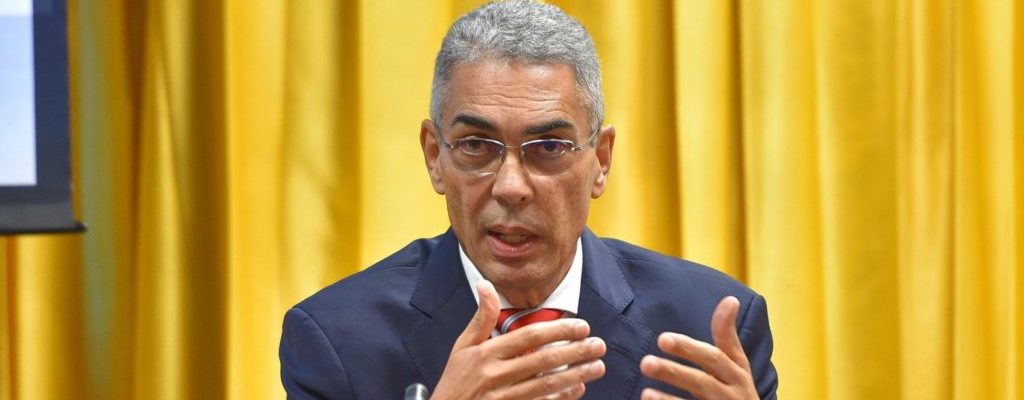
Cap will be adjusted from the $8-billion limit
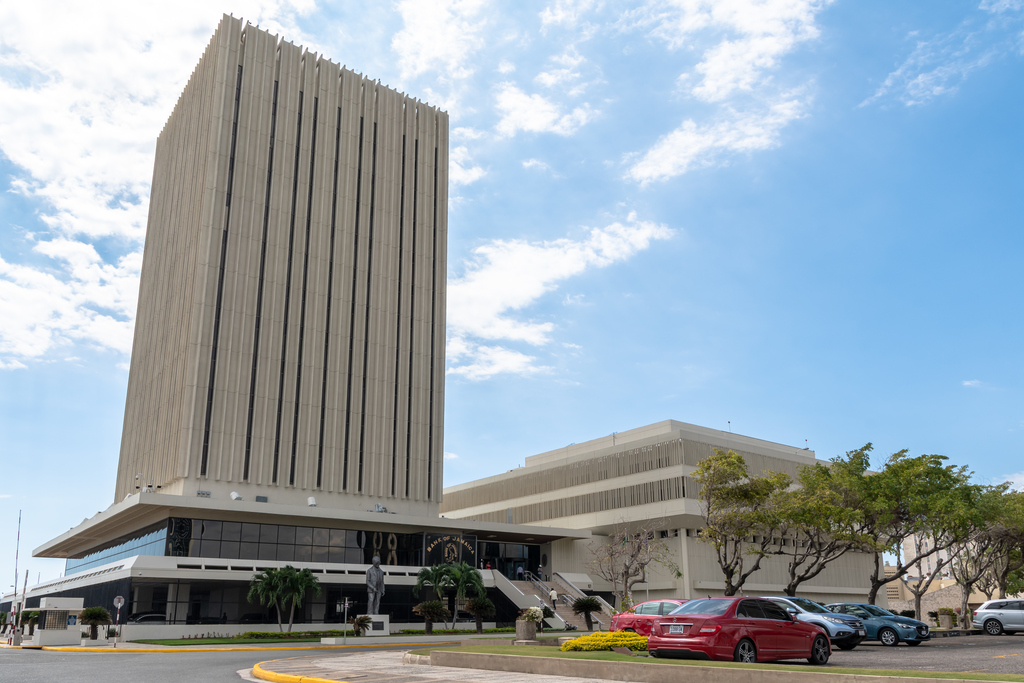
The Bank of Jamaica (BOJ) has announced the reintroduction of its foreign exchange (FX) Net Open Position (NOP) cap, effective December 6, 2021.
Central Bank Governor Richard Byles, who made the announcement during a virtual press briefing last Friday (November 19) advised that the BOJ’s $8-billion NOP cap, which was temporarily removed in January 2020, is being restored. The BOJ’s NOP is used to analyse foreign exchange risk and measures the difference between total assets and total liabilities in foreign currency.
Byles told journalists that the cap will be adjusted from the $8-billion limit to an asymmetric one, corresponding with a $4.5-billion ceiling for long NOP positions and $7 billion for shorter ones.
Developments in the FX market
“The Bank commits to continue reviewing these limits annually… and amending them, if it is deemed necessary,” Byles said.
The exchange rate was J$156.79 to US$1 on November 17, 2021, representing a 6.1 per cent yearly point-to-point depreciation, which was similar to the depreciation for the same period last year. The BOJ stated that “the exchange rate is fairly valued at its current levels, and the prospects for a stable market are good”.
The BOJ reported that foreign currency flows remain strong with daily FX purchases and sales for the calendar year to date exceeding those of the previous year. For the calendar year ending in October, the BOJ sold US$675.4 million to the market.
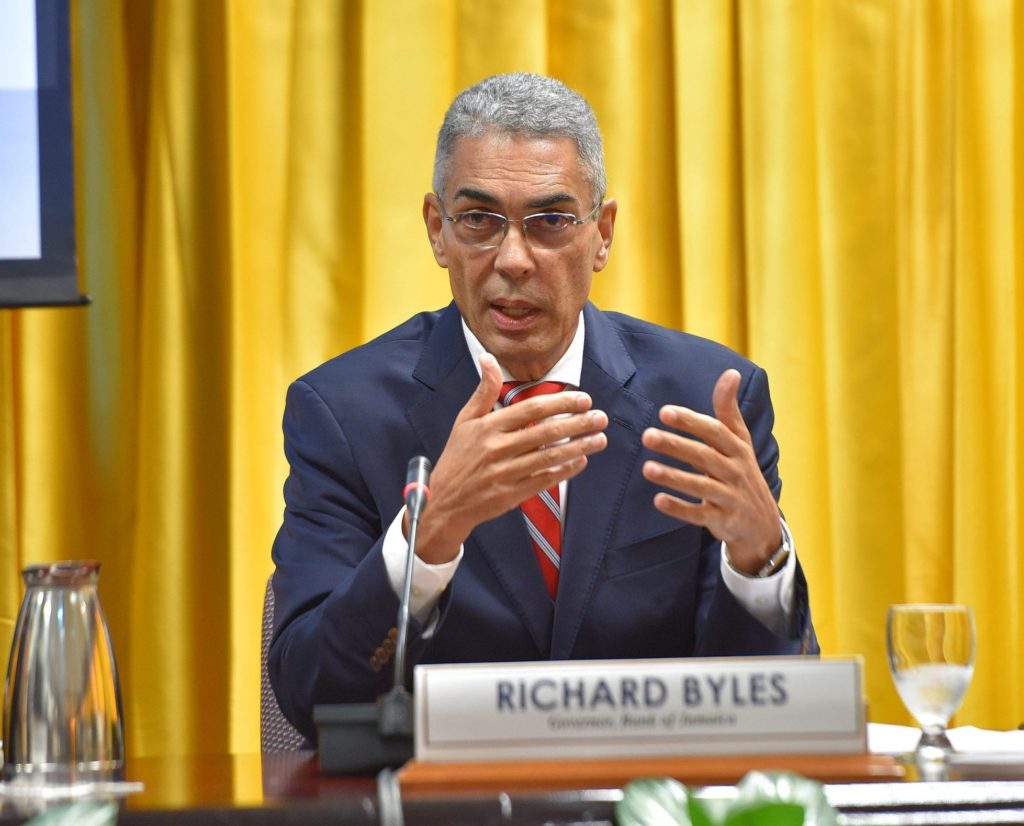
The BOJ Governor emphasised that Jamaica’s international reserves, which total US$4.7 billion, remain strong. This figure represents the equivalent of 143.8 per cent of the level considered adequate.
At the same time, Jamaican dollar liquidity tightened and market interest rates rose. However, inflation expectations remain elevated as such the bank’s Monetary Policy Committee last week voted unanimously to further increase its policy rate by 50 basis points to two per cent effective November 17, 2021.
An increase in policy rate/increase in market-based interest rates will make Jamaican dollar assets more attractive (which implies more saving and will make borrowing more expensive). Increased interest rates will temper demand and moderate the pace of depreciation. Reduced demand in the economy will impact the ability of businesses to pass price increases to consumers. Looking forward, over the next two years, the BOJ expects the Current Account Deficit to range between one per cent to three per cent of gross domestic product, which reflects expectations for a recovery in tourist arrivals and spending.


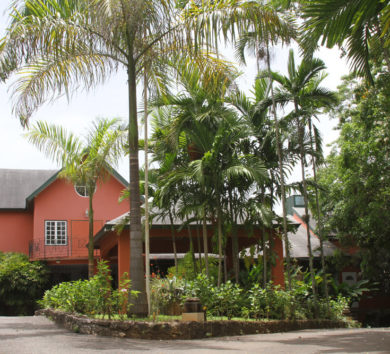


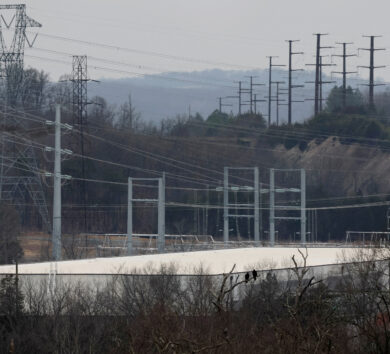

Comments